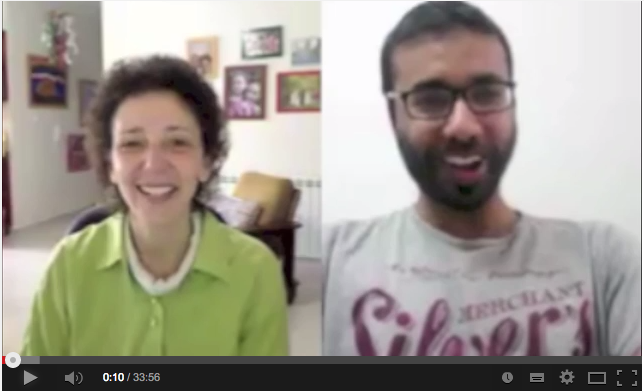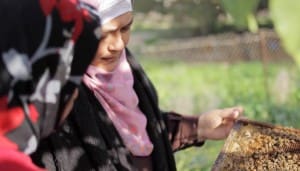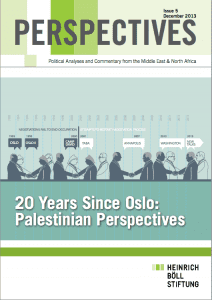One advantage of living here in Palestine is that I often hear about problems or trends long before they hit the news. For example, one full year ago I proposed (unsuccessfully) to a fellowship program that I do a series of articles about Sudanese workers who live in Palestinian villages inside Israel. Few people knew about the phenomenon, but I saw them every time I visited my in-laws: young men selling themselves as day laborers, isolated and without support, their stories untold. Nowadays, coverage of asylum seekers in Israel and their poor treatment is front page news. I still haven’t seen anyone cover the Palestinian connection, though.
Today I want to raise a different issue that is similarly under-reported. Red-Dead is the nickname for the project, “Red Sea-Dead Sea Conveyance Project (RSDSCP),” a $10 billion World Bank project that will carry water from the Red Sea to refill the disappearing Dead Sea. The World Bank claims the project will solve many regional water and environmental problems; Palestinian water and environmental experts disagree. I learned about this project when I worked with EWASH, a coalition of international and local NGOs working on Palestinian water rights. And I found it shocking to learn that such a costly, region-changing, risky project is moving forward with so little global scrutiny.
It might sound technical and boring, but it’s important! The World Bank pushed this through in a very non-transparent way, and the Palestinian Authority signed on without the approval of the Palestinian community. Besides being a huge waste of money–unacceptable in world where there is no much need–the long-term consequences of Red-Dead on Palestinian rights and prospects for a just peace are huge. Rather than tell you myself, I asked a friend and expert, Ziyaad Yusef, to explain Red-Dead in a straightforward way.
The interview is 30 minutes and at the end he suggests you can get more information from these sites.
http://www.ewash.org/en/?view=79YOcy0nNs3Du69tjVnyyumIu1jfxPKNuunzXkRpKQNzUwJ8TQTG
http://www.alternativenews.org/english/images/stories/PDF/COGAT.pdf
Please share your comments here, and please spread the word widely. We can still stop this harmful project. And we must.


